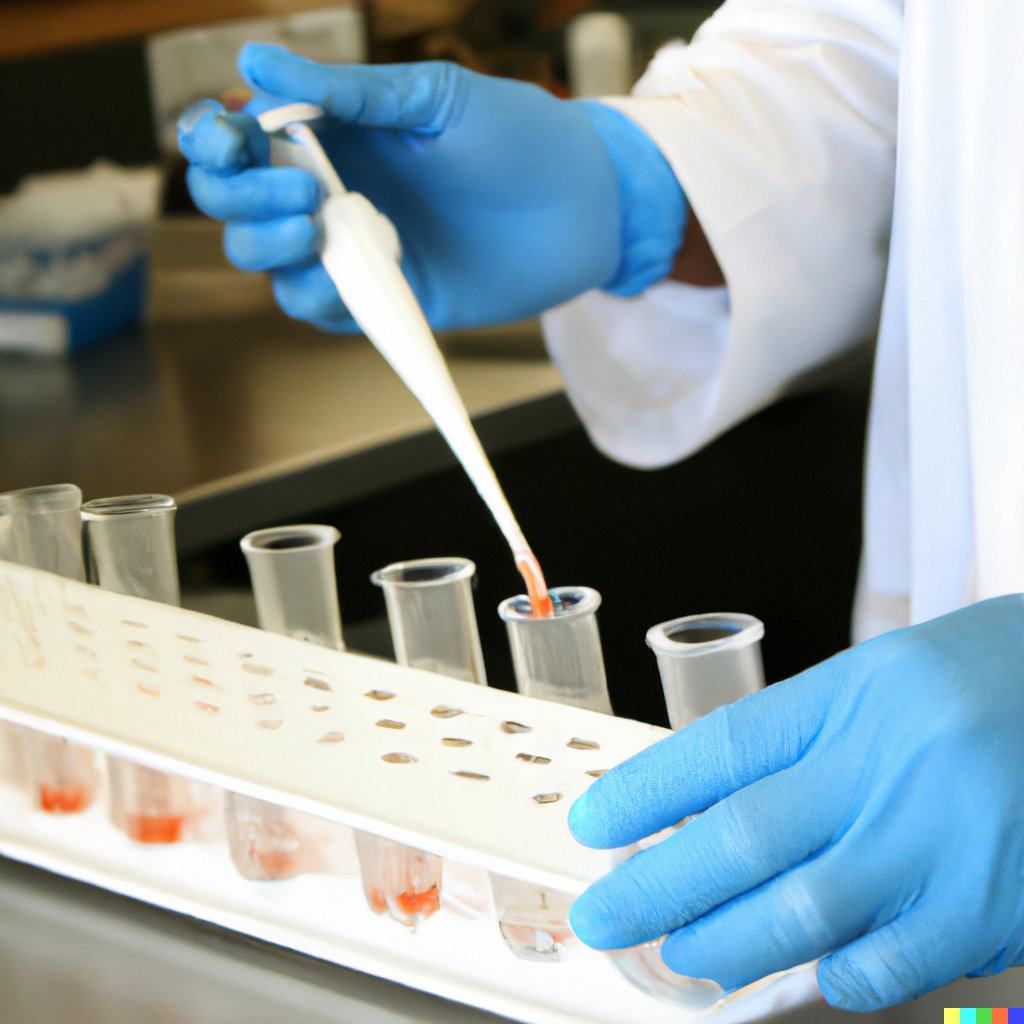Dual Androgen Receptor/AKR1C3 Inhibitors for Prostate CancerThe Need: Castration-resistant prostate cancer (CRPC) poses a significant challenge in oncology, with existing therapies often leading to resistance and disease progression. Key drivers of resistance include the androgen receptor (AR) and aldo-keto reductase family 1 member C3 (AKR1C3). Novel treatments that can inhibit these pathways are urgently needed to improve patient outcomes and extend survival rates.
The Technology: Benzamide compounds developed by researchers at The Ohio State University and a collaborating university show promising potential in targeting resistance pathways and hindering CRPC progression during androgen deprivation therapy. Pharmaceutical compositions, including the benzamides and appropriate excipients, have been developed for effective delivery.
Commercial Applications:
Treatment of Hormone-Mediated Cancer: The benzamide compounds can be used to treat hormone-related diseases, including castration-resistant prostate cancer (CRPC), offering a new avenue for patients who have developed resistance to current therapies.
Benefits/Advantages:
Overcoming Treatment Resistance: The benzamide compounds specifically target AR and AKR1C3, the key drivers of resistance, providing a potential solution for patients facing treatment resistance and disease progression. Extended Survival Rates: By inhibiting resistance pathways, the technology has the potential to extend survival rates and improve overall patient outcomes, offering hope for individuals with hormone-related cancers like CRPC. Versatile Pharmaceutical Compositions: The pharmaceutical compositions containing benzamide compounds are formulated to ensure effective drug delivery, allowing for various treatment regimens and personalized dosing strategies. Scientifically Supported: The technology is backed by robust clinical and experimental evidence, demonstrating the importance of AR and its variant 7 (AR-V7) in CRPC progression and the role of AKR1C3 in resistance to current therapies. Targeted Inhibition: The technology enables precise targeting of AR and AKR1C3, reducing potential off-target effects and minimizing adverse reactions compared to conventional treatments.
As a result, this breakthrough technology not only addresses the pressing need for effective treatments in castration-resistant prostate cancer but also opens up new possibilities for managing hormone-mediated diseases more broadly. The benzamide compounds' targeted inhibition of AR and AKR1C3 represents a significant advancement in the fight against resistance mechanisms, promising renewed hope for patients and clinicians alike. Patents
|

Tech IDT2021-129 CollegeLicensing ManagerSchworer, Adam InventorsCategoriesPublicationsExternal Links |
